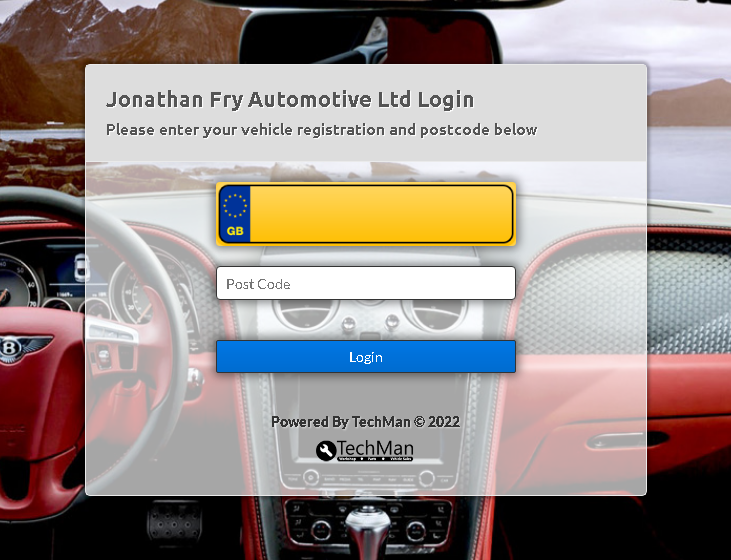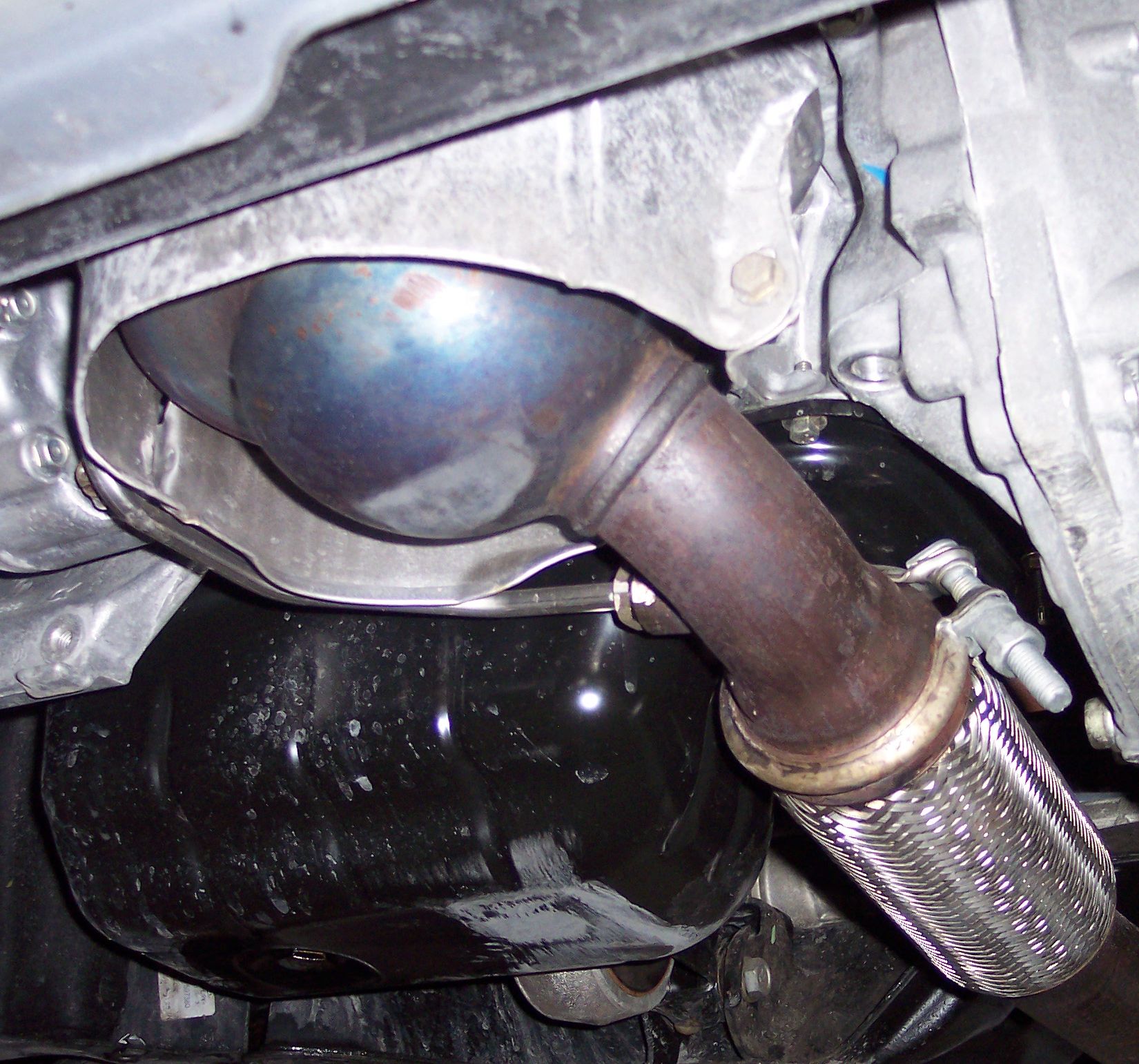Introduction
Antifreeze, also known as coolant, is a vital fluid used in vehicles to regulate engine temperature and prevent freezing or overheating. In this guide, we will explore the purpose, types, properties, and safety considerations of antifreeze.
Purpose of Antifreeze
The primary purpose of antifreeze is to prevent the engine coolant from freezing in cold temperatures and boiling in hot conditions. By maintaining a stable temperature range, it protects the engine from potential damage and ensures optimal performance.
Types of Antifreeze
There are two main types of antifreeze:
- Ethylene Glycol-based Antifreeze: This is the traditional and most commonly used type of antifreeze. It provides excellent heat transfer, freeze protection, and corrosion prevention. However, it is toxic and requires careful handling and disposal.
- Propylene Glycol-based Antifreeze: This is a less toxic alternative to ethylene glycol-based antifreeze. It is commonly used in applications where environmental safety is a concern, such as in food processing or recreational vehicles.
Organic Acid Technology (OAT)
Organic acid technology (OAT) is a type of antifreeze that typically uses organic acids, such as sebacic acid or adipic acid, as the primary corrosion inhibitors. OAT antifreeze is generally long-lasting and designed for use in modern engines that contain aluminum components. OAT antifreeze is typically used in newer vehicles as it is free from silicates and phosphates, which can be abrasive and damaging to some types of engines. Despite its effectiveness, OAT antifreeze should not be mixed with other types of antifreeze, and it’s important to follow the manufacturer’s instructions for use and disposal.
Antifreeze Properties
Antifreeze possesses several essential properties:
- Freezing Point Suppression: Antifreeze lowers the freezing point of water, preventing coolant from solidifying in cold weather.
- Boiling Point Elevation: Antifreeze raises the boiling point of coolant, allowing it to withstand high temperatures without vaporizing.
- Corrosion Protection: Antifreeze contains additives that protect the engine’s metal components from corrosion and rust.
- Heat Transfer: Antifreeze facilitates efficient heat transfer from the engine to the radiator, preventing overheating.
- pH Balance: Antifreeze maintains the optimal pH level to prevent the formation of deposits or scale inside the cooling system.
Antifreeze Safety Considerations
While antifreeze is essential for the proper functioning of a vehicle, it is crucial to handle and dispose of it safely:
- Toxicity: Ethylene glycol-based antifreeze is highly toxic and can be harmful if ingested or inhaled. Keep it away from children and pets, and use protective gloves when handling.
- Disposal: Dispose of used antifreeze according to local regulations. Many automotive shops or waste management facilities accept used antifreeze for safe disposal or recycling.
- Leaks: Check your vehicle regularly for any antifreeze leaks. If you notice a leak, address it promptly to prevent environmental contamination and potential engine damage.
Conclusion
Antifreeze is a vital component in maintaining the proper functioning and longevity of a vehicle’s engine. Understanding its purpose, types, properties, and safety considerations is crucial for vehicle owners and enthusiasts. By following safety guidelines and performing regular maintenance, you can ensure optimal performance and reliability of your vehicle.

